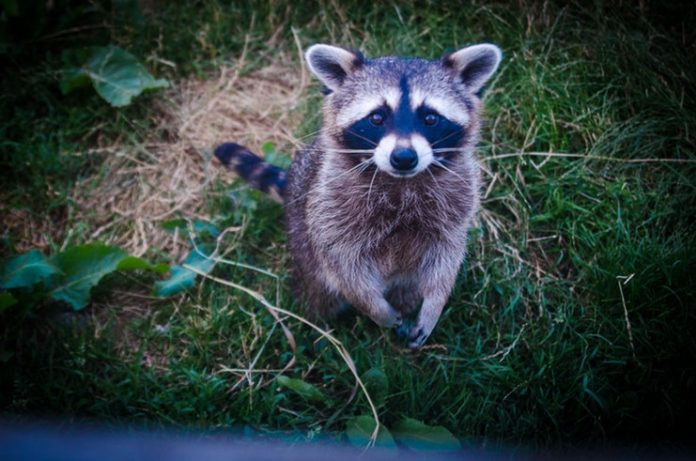
When hoteliers talk about pest infestations, they’re usually referring to the usual suspects: bed bugs, cockroaches, and mice. Identifying and exterminating those pests are fairly straightforward processes, but doing the same for larger pests like raccoons, squirrels, and birds can be much more difficult. These pests are harder to get off-site and just as difficult to notice as small ones. Entomologist for Orkin Chelle Hartzer says, “Wildlife is the biggest infestation issue outside of normal pests. Animals like raccoons and squirrels can get into attics, basements, and any open holes in a hotel.”
Even birds that take up residence on a property can be considered pests. A group of Canadian geese can torment guests, and flocks of other, smaller birds can create messes. Hartzer says, “Think of a flock of starlings, pigeons, or Canadian geese. Unfortunately, what goes in must come out, and cleaning up what they leave behind is a mess. You don’t want your guests walking through or seeing that mess. You don’t want it on their cars, either.”
Guest are often the first to notice an infestation of larger animals. For example, a family going to their car might see a raccoon climbing up a gutter and entering through a vent hole. To prevent this, employees can be trained to notice signs of a possible infestation by checking the hotel’s exterior for hanging gutters, unkempt trees, and enterable holes, as well as listening for signs of pests scurrying in attics or basements. Owners can also keep trash bins as empty as possible and dumpsters closed to prevent mammal attraction.
However, when removing these pests, it’s important to call in a professional who will bring the right equipment and treats to get these animals out. This ensures the pests are removed safely and efficiently and protects employees who may attempt to handle the problem.
Hartzer adds, “Hotel owners and managers can take a look at the outside of the facility, bushes, and trees touching the building. Pruning these back within about two to three feet will prevent many of these issues. If we don’t give these animals access to the property, it avoids the problem from the start.”











